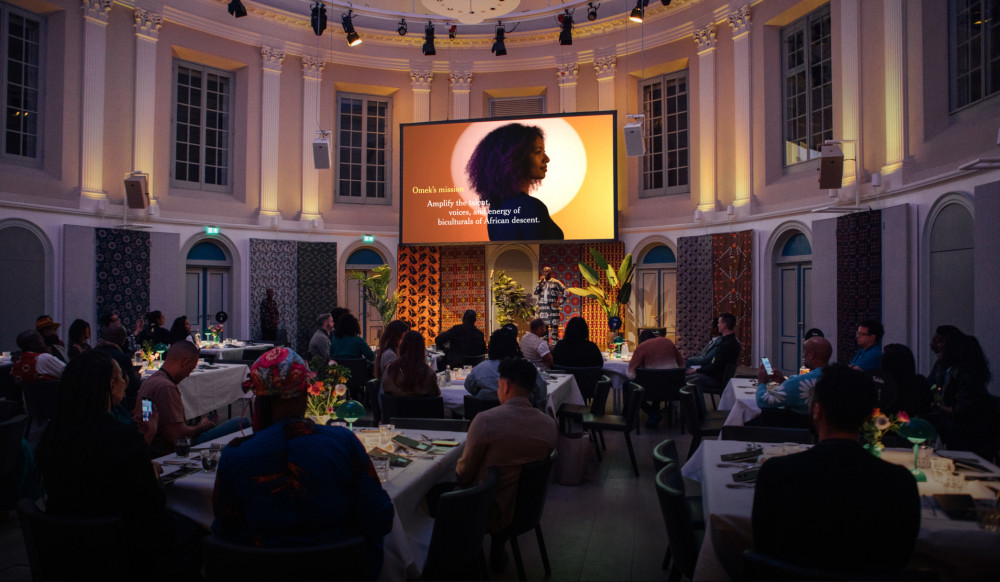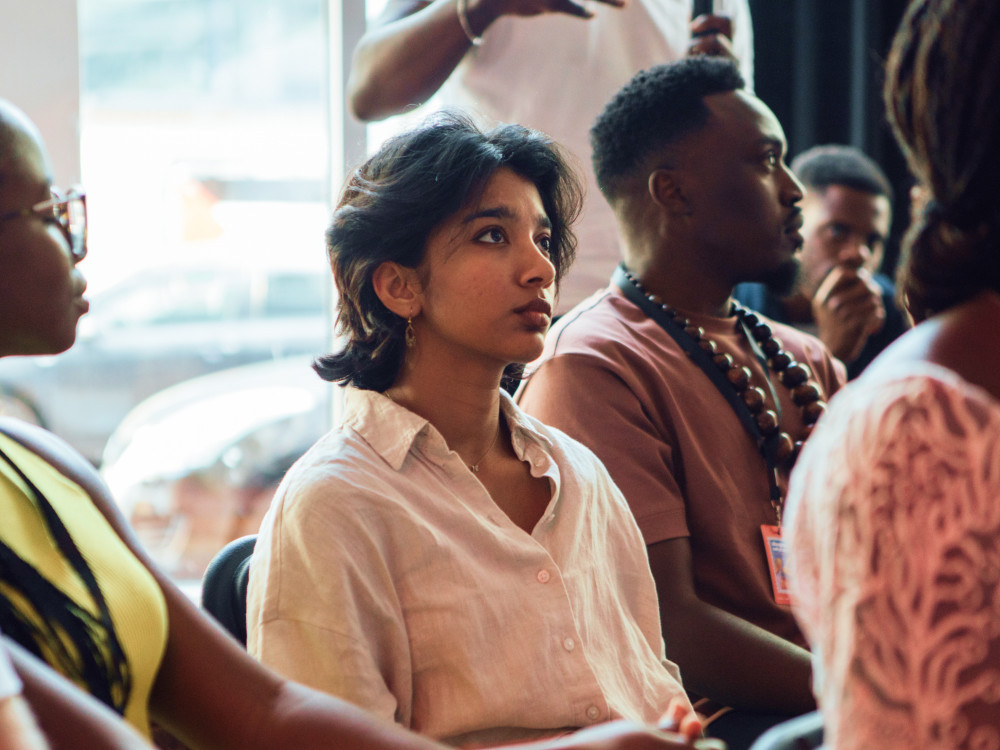
Balancing what your family hopes for you with what you truly want for yourself is a daily reality for many of us who straddle more than one culture. The process is rarely linear, it means navigating the values of one’s heritage while pursuing individual interests, all in the context of building a meaningful and stable life. Drawing from real stories—including those of Dr. Joachim Kikomeko, Drs. Hillmann Batuo, and Collins Ngwashi—this guide explores how bicultural individuals can honor both legacy and self, and offers practical strategies for finding your own path.
Where family values come from
In bicultural families, expectations around career and life choices are deeply rooted in lived experience and collective memory. For many first-generation immigrants, stability and security are not just preferences—they are survival strategies born from economic uncertainty, sacrifice, and the hope of a better future for their children. Careers in medicine, law, or engineering often represent a promise kept: the reward for years of hard work and risk.
Dr. Joachim Kikomeko's story is a powerful example. After three years of medical school in Uganda, he moved to the Netherlands to join his partner. Despite not speaking Dutch, he started over, driven by both personal ambition and a sense of responsibility to his family’s sacrifices. “If I have to live here, I have a chance to do medicine wherever I come from, and I really want to be a doctor. I could only be happy living here after achieving that dream.” His journey—learning a new language, passing rigorous exams, and rebuilding his career from scratch—reflects the weight and meaning of legacy.
Letting go of expectations
The tug-of-war between legacy and self isn’t just logistical—it’s deeply emotional. The pressure to meet family expectations while pursuing personal interests can lead to stress, guilt, and self-doubt, and for Drs. Hillmann Batuo, it sparked a profound internal struggle. “Medicine was very present in my subconscious because my family wanted me to study medicine. Teachers automatically expected me to study medicine since I was good at biology and math.”
As Hillmann progressed in medical school, the weight of these expectations—combined with his growing realization that his true passion lay elsewhere, in coaching, travel, and connecting with people—left him feeling increasingly misaligned. The loss of close family members during this time became a wake up call: “We have finite time here on Earth as humans and we cannot waste that time doing things that do not fill us.”
Ultimately, Hillmann decided to pursue a non-traditional medical path—not as a rejection of his family’s values, but as a move toward what brings him fulfillment and meaning.
Family influence and support
Family influence isn’t always about pressure or expectations—sometimes it shows up as encouragement, resources, or a quiet willingness to let you try something different Collins Ngwashi, a creative entrepreneur in Cameroon, offers a compelling example.
Initially, Collins pursued political science and public administration—fields typically linked to stable government careers. However, after a monotonous internship experience—“So routine, like you come in the morning, afternoon, evening, Monday to Friday, same old thing”—he quickly realized, “I really cannot do this. I have to run away from this working for somebody thing. I had to find what I love doing.” This realization pushed him to pursue photography and start his own business, where he set himself apart by using up-to-date technology and bringing a new level of professionalism to local photography in Cameroon.
When asked if his family resisted his unconventional path, Collins is clear, “Not at all. I did not face resistance. I feel like it’s a usual worry from parents and loved ones... the norm is to finish school, be a doctor, engineer, architect... But things have changed.” His family’s support, though cautious, was genuine: “There was just this iota of small doubt, like, ‘Go explore, let’s see what you’re trying to talk about now, we don’t understand but let’s see.’” His sister, a doctor, even contributed part of her first salary to help him buy his first camera, and his father chipped in as well.
As Collins’ business grew and he achieved financial independence, his family’s acceptance deepened: "When you take full responsibility and you don't ask anybody for a dollar at any point in time...I am doing good." This blend of entrepreneurial spirit and cautious optimism enabled Collins to build his photography and content creation business with both freedom and a supportive safety net.
Strategies for navigating multiple expectations
- Separate your goals from family expectations: Take time to clarify what you truly want, apart from family and community. This self-reflection is crucial for setting a direction that feels meaningful.
- Communicate openly and contextually: Sharing your motivations and plans with family can help bridge the gap. As Hillmann notes, initial resistance is common, “Why are you gallivanting all over the place?...Just go and be doing your medicine things quietly.” Over time, as the family saw his commitment their perspective shifted.
- Set boundaries: Establishing clear boundaries is essential for maintaining mental health. It’s okay to renegotiate expectations as your life evolves.
- Experiment and embrace flexibility: Trying out new paths—sometimes as side projects or on a trial basis—can help you find what works without burning bridges. Hillmann’s journey, for example, included both medicine and coaching before he made a final decision.
- Seek mentorship: Connecting with mentors who understand your cultural context can provide guidance and reassurance. Dr. Kikomeko now mentors other international students, emphasizing the importance of community support.
Defining your path with integrity
Balancing dual expectations is not about choosing one over the other—it’s about integration. Define what success means to you, communicate openly, and give yourself permission to adjust as you grow. The journey is ongoing, and the balance will shift with time and circumstance.
As Drs. Hillmann Batuo encourages, “Try it. Keep an open mind. You might fail, you might not know it all, but you learn and you grow. Sometimes you need to experience stuff to learn from it. Just believe in yourself, have that faith, just try it, just do it and see—you never know, it could be the greatest thing you ever accomplished, but you never know if you don’t try.”
By honoring both legacy and self, bicultural professionals can build lives that are not only successful by external standards, but deeply meaningful on their own terms.


